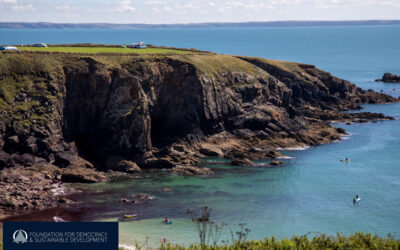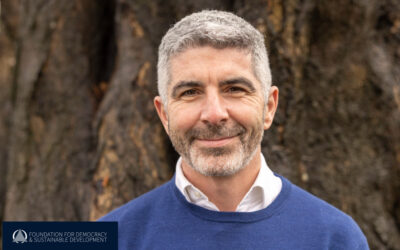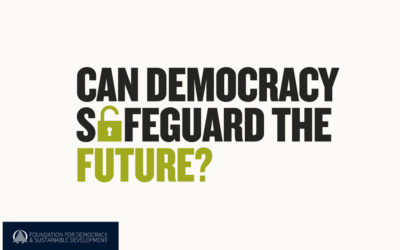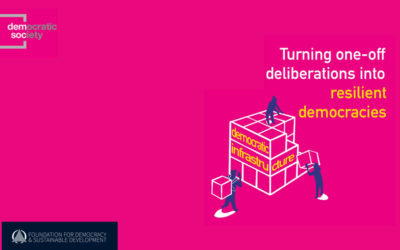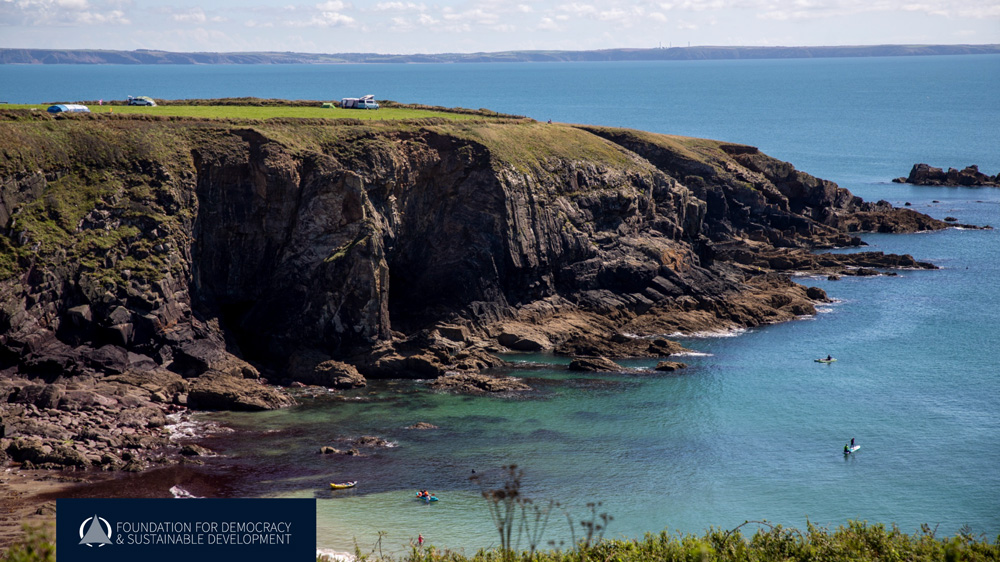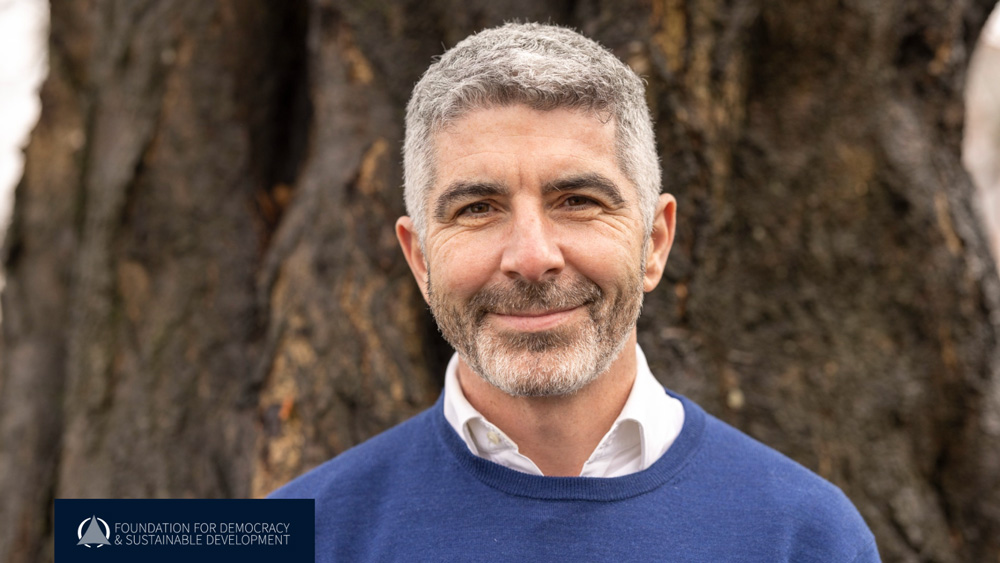FDSD started life as the Environment Foundation in 1983 with funding from the international insurance industry. It was probably the City of London’s first major initiative to address the environment. Today, that start-up funding forms part of our modest endowment. However, there is no longer any formal link with the insurance industry.
The Foundation catalysed change from the outset, both in markets and in the minds of decision-makers and opinion-formers. For example, we worked with the FT, RSA and Shell on award schemes such as the Better Environmental Awards for industry to celebrate and encourage replication of the best technologies and practices. These led to the Queen’s Awards for industry and Better Environmental Awards at the European level. There was also seed funding for research projects and travelling Fellowships.
From 1992-2006, the Foundation organised high-level consultations at St George’s House in the grounds of Windsor Castle. The last of the Windsor consultations focused on the challenges of sustainability in rapidly developing countries such as India and China.
From environment to sustainable development
Over time it became increasingly apparent that there was a need to address the broader context in which environmental decisions are made. Activities shifted to encompass the interrelated environmental, social and economic dimensions of sustainable development.
As the Environment Foundation widened its remit, it had to persuade the Charity Commission for England and Wales to accept that “promotion of sustainable development for the benefit of the public” should be accepted as a charitable objective, which led to a legal battle. In 2003, the Charity Commissioners reconsidered. We are proud that other charities can now adopt sustainable development as their goal.
Incorporating democracy
The inspiration for FDSD came from a public event at the Dana Centre in 2008, a consultation that explored the links and tensions between sustainable development and democracy. Here was an issue that was getting very little attention and clearly needed more.
We therefore refocused our mission and changed our name, in July 2009, to the Foundation for Democracy and Sustainable Development (FDSD). Since then, we have focused on raising awareness through events, articles and blogs; researching different aspects of the relationship between democracy and sustainable development; and working on democratic innovations.
FDSD is often a catalyst for action or new thinking. We were one of the inspirations behind the Alliance for Future Generations (AFG), which works to ensure that long-termism and the needs of future generations become part of UK democracy. Along with other members of the AFG, our proposal for a UN High Commissioner for Future Generations became part of Rio+20’s ‘Zero Draft’ document, further developed in ‘Committing to the future we want: a High Commissioner for Future Generations at Rio+20‘ and ‘The Mandate of a UN High Commissioner for Future Generations‘.
And, in 2013, we developed a People’s Manifesto for Democracy and Sustainability from the inputs of people around the world, to widen engagement, spark further action and rebalance the tendency for this issue to be discussed mostly by NGOs and policymakers.

